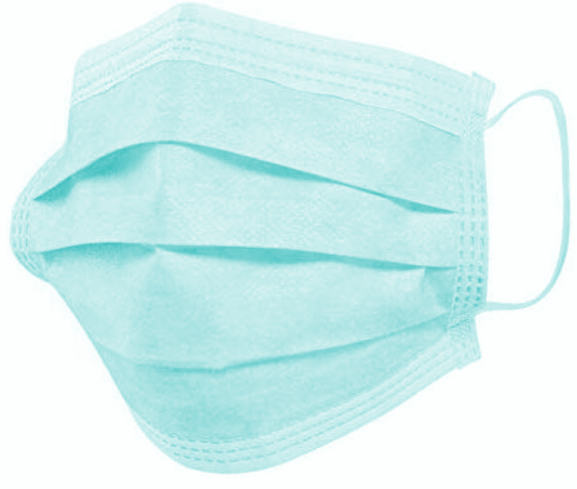PPE could drive new roads
 Research engineers say disposable face masks could be recycled to make roads.
Research engineers say disposable face masks could be recycled to make roads.
A team at RMIT is working on a ‘circular economy’ solution to pandemic-generated waste. Their latest study shows that using a recycled face mask material to make just one kilometre of a two-lane road would use up about 3 million masks, preventing 93 tonnes of waste from going to landfill.
The new road-making material - a mix of shredded single-use face masks and processed building rubble - has also been shown to meet civil engineering safety standards.
Analysis shows the face masks help to add stiffness and strength to the final product, designed to be used for base layers of roads and pavements.
With an estimated 6.8 billion disposable face masks being used across the globe each day, researchers say the world needs innovative solutions to the growing environmental impact and risks associated with the disposal of used PPE.
Roads are made of four layers: subgrade, base, sub-base and asphalt on top. All the layers must be both strong and flexible to withstand the pressures of heavy vehicles and prevent cracking.
Processed building rubble – known as recycled concrete aggregate (RCA) – can potentially be used on its own for the three base layers.
But the researchers found adding shredded face masks to RCA enhances the material while simultaneously addressing environmental challenges on two fronts: PPE disposal and construction waste.
Construction, renovation and demolition account for about half the waste produced annually worldwide, and in Australia, about 3.15 million tons of RCA is added to stockpiles each year rather than being reused.
The study identified an optimal mixture – 1 per cent shredded face masks to 99 per cent RCA – that delivers on strength while maintaining good cohesion between the two materials.
The mixture performs well when tested for stress, acid and water resistance, as well as strength, deformation and dynamic properties, meeting all the relevant civil engineering specifications.
While the experimental study was conducted with a small amount of unused surgical face masks, other research has investigated effective methods for disinfecting and sterilising used masks.
A comprehensive review of disinfection technologies found 99.9 per cent of viruses could be killed with the simple “microwave method”, where masks are sprayed with an antiseptic solution then microwaved for one minute.
In related work, the RMIT researchers have also investigated the use of shredded disposable face masks as an aggregate material for making concrete, with promising preliminary findings.
The paper, 'Repurposing of COVID-19 single-use face masks for pavements base/subbase’, has been published in Science of the Total Environment.







 Print
Print